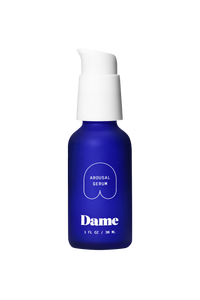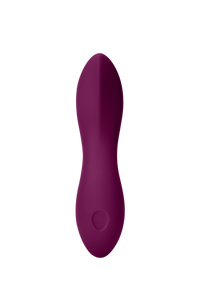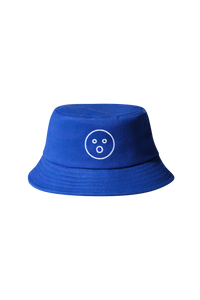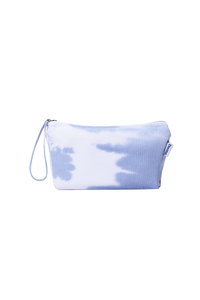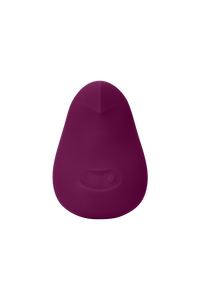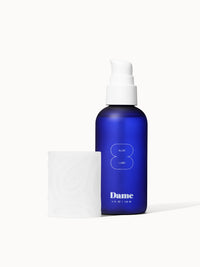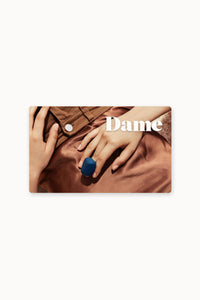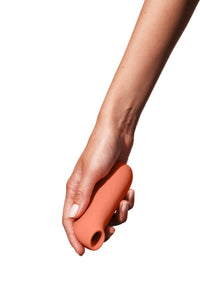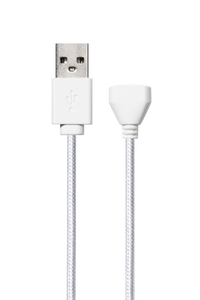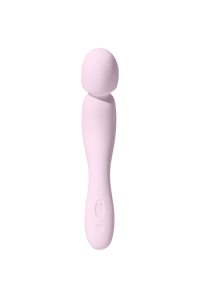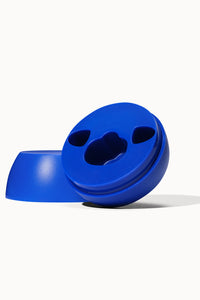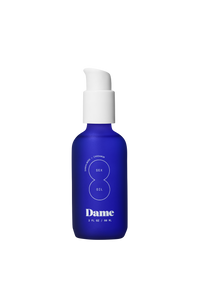Take Stock of Your Neurodiverse Needs
It can be really hard to know what you need in a relationship when you’re new to dating, especially when you struggle with social contexts. But if you have an idea of what you are and aren’t comfortable with, it can be much simpler to vet potential partners and avoid those who won’t be understanding of your neurodiverse needs. When considering what you need, think about not only what makes you feel safe, but also what you want out of your ideal relationship. One example is the type of relationship you’re looking for, such as monogamous or polyamorous. It’s also good to know if you’re in the casual dating game or looking for one or more life partners. You may even be interested in companionship that isn’t strictly romantic, as in the case of queerplatonic relationships.The beauty of neurodiversity is it can allow you to look at relationships in a unique way, outside of traditional systems. Labels should adapt to fit your needs, not the other way around.It’s also incredibly important not to put your mental health on the back burner while pursuing partners. This is true for everyone, but especially neurodiverse folks. There may be a temptation to allow a new partner to “fix” your life, but regardless of how happy you are, neglecting yourself will only make it harder to make new connections. Maintaining a healthy relationship with yourself is the best step you can take when entering the dating world. The happier you are with yourself, the more fulfilling your dating experience will be. It’s also helpful to know your love languages. This can make it easier to communicate your feelings in ways that come naturally to you, and let your dating partners know how to expect attention. It can be difficult for neurodiverse people to show and receive affection. Love languages can act as shortcuts to expressing yourself in a consistent way.
Try to Communicate
You’re likely aware of the importance of communication in relationships, but it’s even more vital (and complicated) when you’re neurodiverse. It can be difficult to be honest and open, especially at the very beginning of a potential relationship, but it can help you have a better experience in the long run. It’s your choice when and if you talk about your neurodiversity, but there is no reason to carry any shame around it.Be sure to be clear about your communication style, because it isn’t as obvious as you might think.Some people struggle to express their needs verbally and prefer to convey them through body language or a physical communication system. Sharing this with your dates can make it easier to establish a system that works for you. Numbered finger taps work great for some couples, while others find sign language more efficient. Many neurodiverse people don’t use or understand social cues or indirect communication. When talking with new or potential partners, don’t be afraid to ask for clarification, especially when you’re unsure of their intentions. When you need accommodations, such as a quiet date spot where you won’t get overstimulated, it can be terrifying to even think of asking for them. But you deserve to feel comfortable in your dating life, and your potential partners deserve a fair shot at meeting your needs. If you’re one of the many neurodivergent people who are on the asexuality spectrum, it may be best to be open about sex not being an option. If you easily get overloaded by touch or other stimuli, practice ways to communicate your sensory needs to your dating partners. The more you are aware of your partner's needs, and vice versa, the more you will enjoy each other's company and be able to plan dates that accommodate your individual sensory needs.

